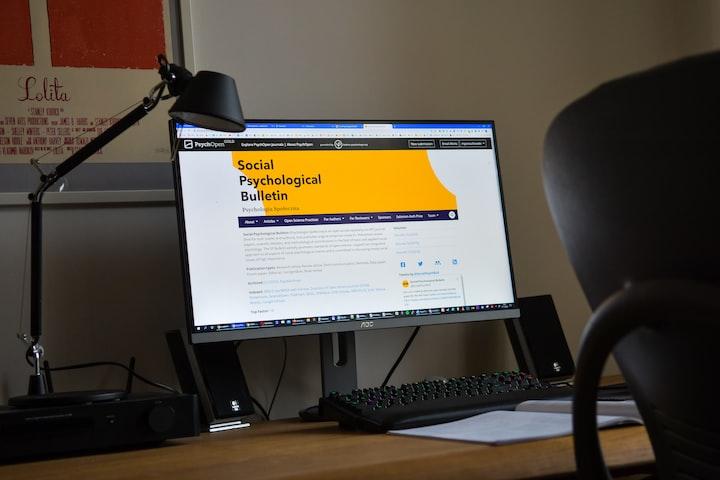The four symptoms of social anxiety are:
1. feeling anxious or nervous in social situations
2. fearing that you will be judged or embarrassed in front of others
3. avoiding social situations or activities because of your anxiety
4. feeling like you can’t “be yourself” in social situations.
Worry about embarrassing or humiliating yourself
Many people with social anxiety disorder (SAD) worry about embarrassing or humiliating themselves. This can be a particular problem in situations where they feel they are being watched or judged by others, such as during a job interview, public speaking, or performing in front of an audience.
People with SAD may also avoid situations where they could be the center of attention or that involve interaction with other people. For example, they may pass up opportunities to network at work events or to socialize with friends and family.
The fear of embarrassment or humiliation can lead to significant anticipatory anxiety and avoidance behavior. These symptoms can interfere with work, school, and personal relationships. If you are experiencing any of these symptoms, please seek professional help from a mental health provider who specializes in treating SAD.
Intense fear of interacting or talking with strangers
There are several treatments available for social anxiety disorder, including cognitive-behavioral therapy and medication. If you suffer from this condition, it is important to seek help from a qualified mental health professional so that you can learn how to manage your symptoms and live a full life.
Fear that others will notice that you look anxious
It is estimated that social anxiety affects 15 million adults in the United States. That’s about 7% of the population. People with social anxiety disorder (SAD) often worry about being judged by others and feel extremely self-conscious in social situations. They may worry about what they will say, how they will sound, or whether they will be able to keep up with the conversation. They may even worry about being embarrassed or humiliated in front of others.
People with SAD often try to avoid social situations altogether. Or, if they do go to a party or event, they may spend the entire time worrying about what other people are thinking of them. As a result, people with SAD can miss out on important opportunities and experiences in their life.
There are four main symptoms of social anxiety:
1) Fear of judgement – People with SAD are constantly worried about being judged by others. They may think that other people are always paying attention to their every move and criticizing them silently in their head. This fear can be so strong that it leads them to avoid social situations altogether.
2) Self-consciousness – People with SAD are very aware of how they look and sound to others. They may think that everyone is noticing their flaws and making fun of them behind their back. This can make them very anxious and self-conscious in social situations.
3) Avoidance – As mentioned before, people with SAD often try to avoid social situations. They may cancel plans at the last minute or make up excuses not to go out with friends or family.
4) Anxiety symptoms – In addition to feeling anxious, people with SAD may also experience physical symptoms such as sweating, racing heart, trembling, and difficulty speaking. These symptoms can be so severe that they lead to panic attacks. A panic attack is a sudden episode of intense fear that usually lasts for several minutes. Physical symptoms include chest pain, heart palpitations, shortness of breath, dizziness, and sweating. Panic attacks can be very frightening and often come without warning.
